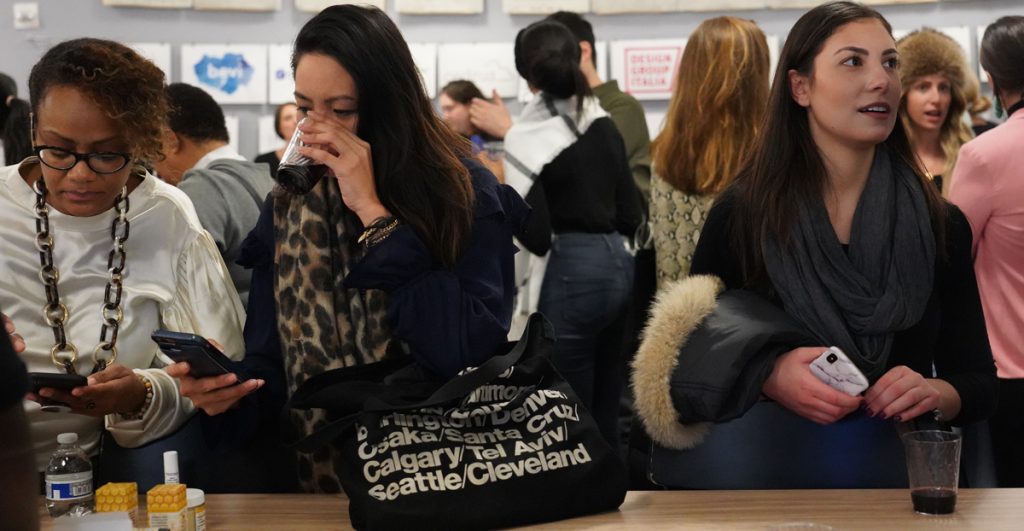 Lawmakers in several states have recently moved forward legislative proposals to either legalize or decriminalize marijuana-related activities. Here is a look at where some of these efforts currently stand.
Lawmakers in several states have recently moved forward legislative proposals to either legalize or decriminalize marijuana-related activities. Here is a look at where some of these efforts currently stand.
LEGALIZATION
New Hampshire: By a margin of 209 to 147, House members voted late last week in favor of House Bill 481, which legalizes the possession and cultivate of personal use quantities of cannabis by adults, and establishes a licensed system of commercial production and retail sales. The measure awaits action in the Senate and faces opposition from Republican Gov. Chris Sununu, who has pledged to veto any legalization bill, “regardless of what the language looks like.”
New Mexico: Members of the House voted 36 to 34 in favor of HB 356, which establishes a system of licenses, state-run marijuana retailers. Members of the Senate have until March 16 to act on the bill.
Vermont: Members of the Senate last week passed SB 54 by a vote of 23 to 5. The measure expands existing law to permit the state-licensed production and sale of cannabis to those age 21 or older. The measure now awaits action from members of the House.
DECRIMINALIZATION:
Hawaii: House members approved HB 1383, which removes criminal penalties for minor marijuana possession offenses (up to three grams) and expunges past criminal convictions. The measure now heads to the Senate.
New Mexico: Members of the Senate on Tuesday voted 30 to 8 in favor of SB 323, which reduces possession penalties for the possession of up to one-half ounce of cannabis to a $50 fine and no criminal record. It now goes to the House for further action.
OTHER REFORM BILLS
Florida: Senate members this week overwhelmingly approved legislation, SB 182, to lift the ban on the smoking of medical cannabis and/or the possession of herbal formulations of the plant. House members are expected to address the measure on Wednesday.
Virginia: Legislation is before the Governor to expand the pool of health professionals who can approve cannabis therapy to include nurse practitioners and physician assistants. The measure, SB 1557, also permits qualifying patients access to a broader spectrum of products containing both plant-derived CBD and THC.
West Virginia: Legislation (HB 2538) to facilitate banking access for the medical cannabis industry is awaiting action from the Governor. If signed into law, it mandates that the “Commissioner of Financial Institutions shall not prohibit, penalize, incentivize, or otherwise impair a financial institution from providing services to a person or entity involved in a medical cannabis-related business.”
For a complete summary of marijuana-specific bills pending statewide, visit NORML’s Legislative Action Center here.
Source: https://blog.norml.org/2019/03/08/marijuana-legalization-measures-gaining-momentum-in-several-states/
The following article Marijuana Legalization Measures Gaining Momentum In Several States is courtesy of gigglesndimples.com
source https://gigglesndimples.com/2019/03/08/marijuana-legalization-measures-gaining-momentum-in-several-states/
 A bipartisan coalition of more than 100 co-sponsors has reintroduced legislation in Congress, The Secure and Fair Enforcement Banking Act (SAFE Banking Act),
A bipartisan coalition of more than 100 co-sponsors has reintroduced legislation in Congress, The Secure and Fair Enforcement Banking Act (SAFE Banking Act),  Our archaic and outdated marijuana laws are turning everyday Americans into criminals. Every day, the economic and social impacts of marijuana prohibition are having devastating effects on communities across the country.
Our archaic and outdated marijuana laws are turning everyday Americans into criminals. Every day, the economic and social impacts of marijuana prohibition are having devastating effects on communities across the country. Today, we stood with Representatives Tulsi Gabbard and Don Young as they introduced the End Federal Prohibition Act and Marijuana Data Collection Act. While these two bills are overtly about addressing the failures of marijuana prohibition, what they are truly about is accepting reality.
Today, we stood with Representatives Tulsi Gabbard and Don Young as they introduced the End Federal Prohibition Act and Marijuana Data Collection Act. While these two bills are overtly about addressing the failures of marijuana prohibition, what they are truly about is accepting reality. Representatives Tulsi Gabbard (HI-02) and Don Young (AK-AL) introduced two landmark bipartisan marijuana bills.
Representatives Tulsi Gabbard (HI-02) and Don Young (AK-AL) introduced two landmark bipartisan marijuana bills.
